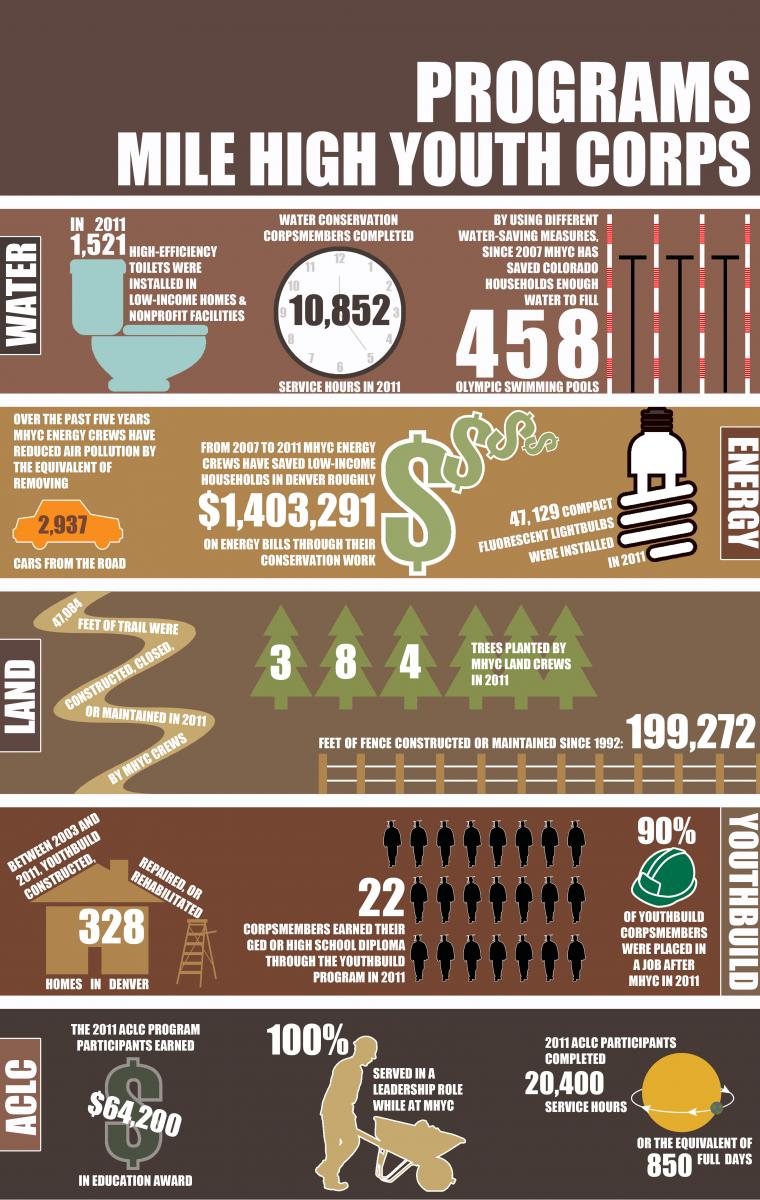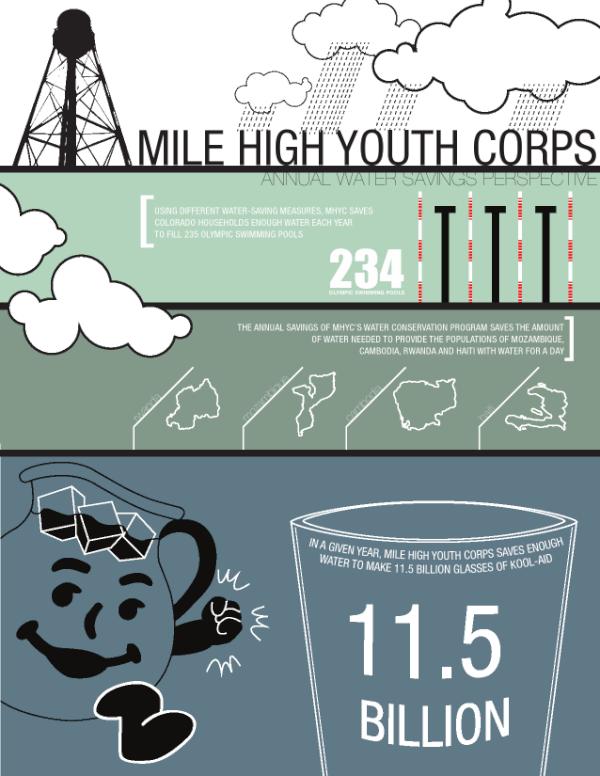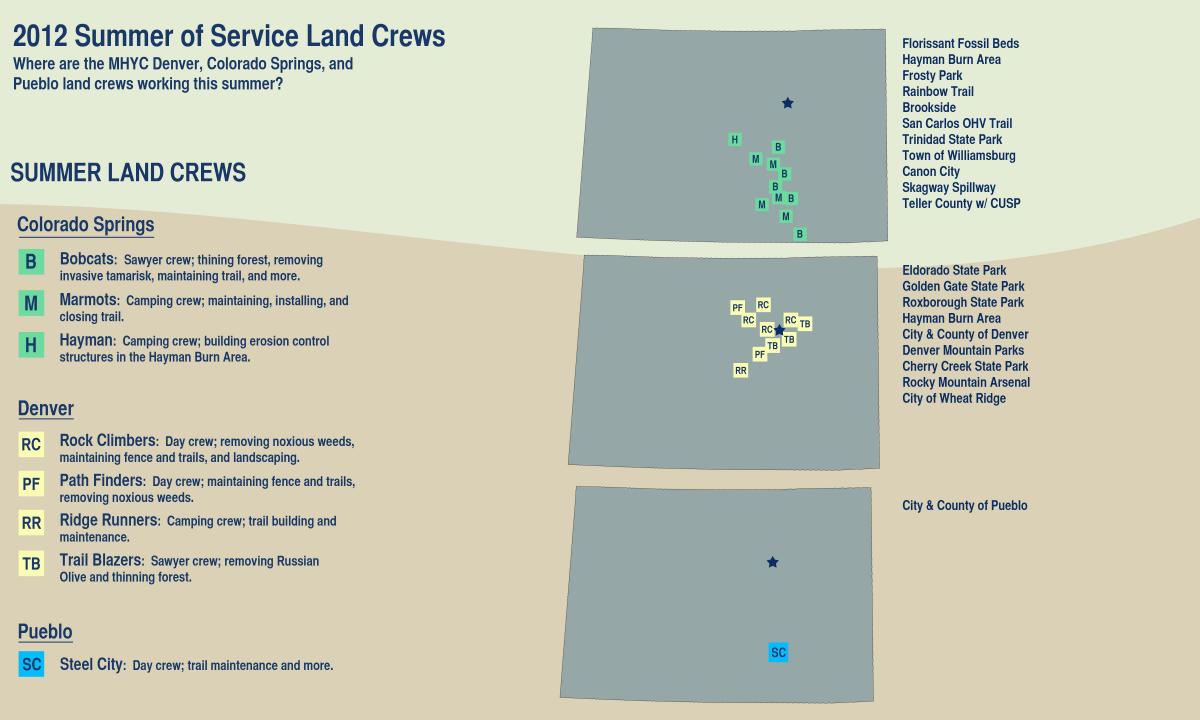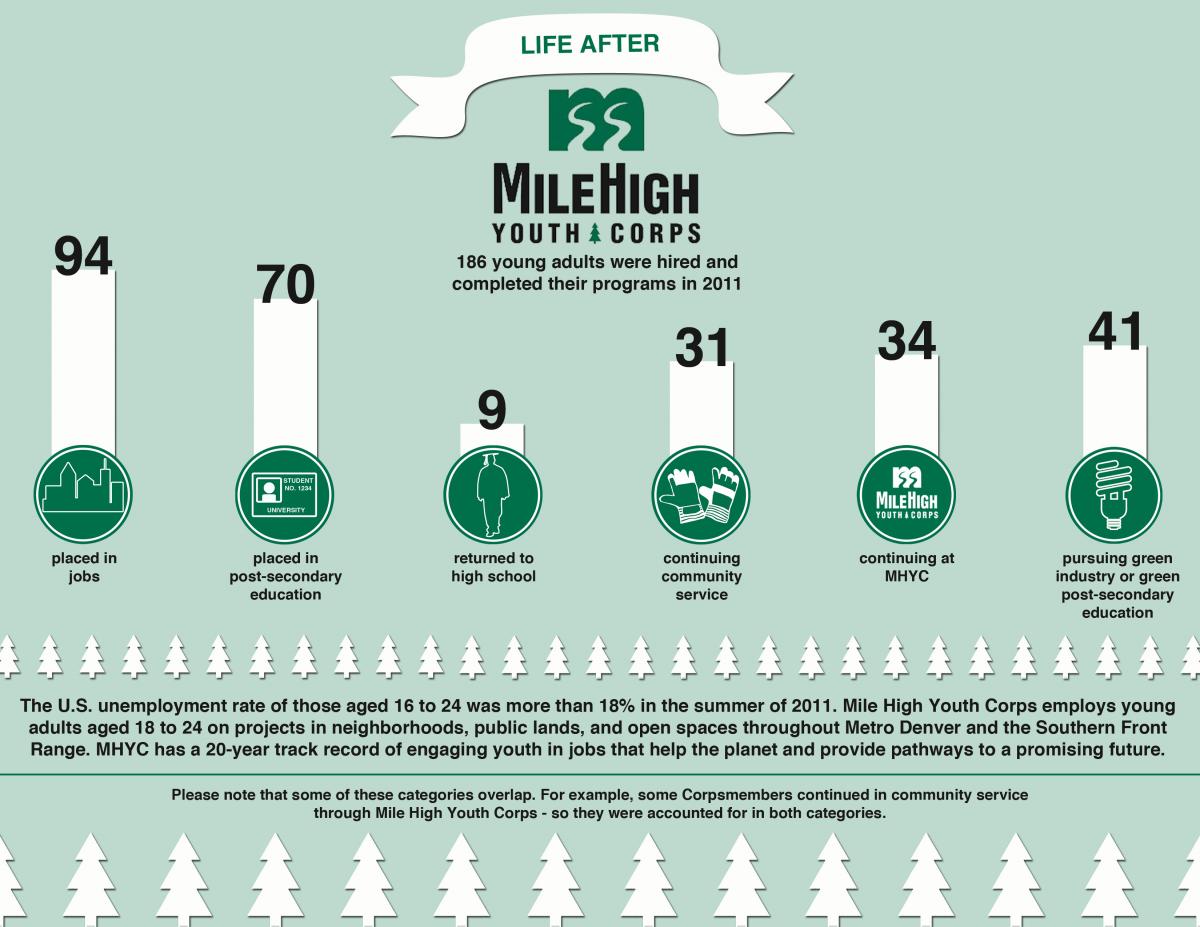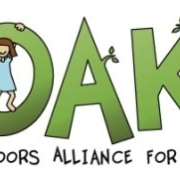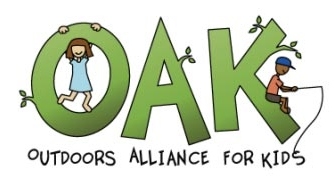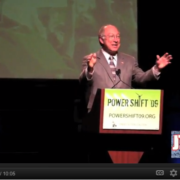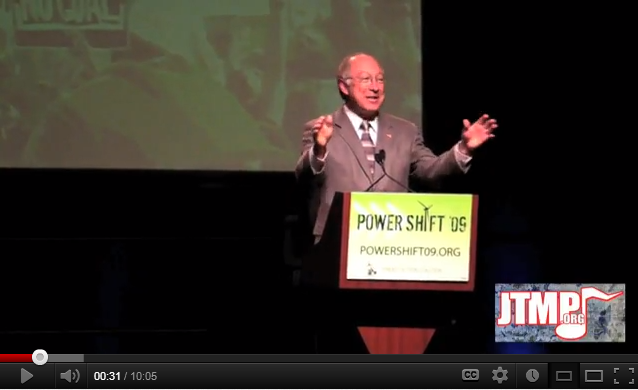
NEW YORK – October 3, 2011 – Today, Mr. Peanut arrives in the Big Apple in his biodiesel Nutmobile to unveil a new urban park – a Planters Grove – on Manhattan’s Lower East Side. Mr. Peanut is joined by local youth service corps members, residents of the New York City Housing Authority’s (NYCHA) Lillian Wald Houses and Kraft employees for a day of community planting to add the finishing touches to the park. This is the third Planters Grove built in the U.S. this year as part of the Planters “Naturally Remarkable” program. Planters Groves were opened earlier this year in New Orleans and Washington, D.C.
Planters will be joined by U.S. Congresswoman Nydia M. Velázquez, New York City Councilwoman Rosie Mendez, New York State Assembly Member Brian Kavanagh, New York State Senator Daniel Squadron, NYCHA Chairman John Rhea and NYCHA Commissioner Margarita López to officially open New York City’s Planters Grove.
Located at Avenue D between 4th and 5th Streets, the Planters Grove provides NYCHA residents and families with more than 8,000 square feet of usable green space – helping to expand access to parkland in a neighborhood cited by New Yorkers for Parks as lacking adequate open space. Additionally, this Planters Grove furthers New York City’s PlaNYC goal of creating more accessible open space citywide and ensuring every New Yorker lives within a 10-minute walk from a park.
“Planters Groves reflect the values rooted in Planters heritage – sustainability, healthy lifestyles and community,” said Scott Marcus, Senior Brand Manager, Planters. “By bringing a Planters Grove to NYCHA’s Lillian Wald Houses, residents and families will experience the many environmental, health and quality of life benefits that parks can provide communities.”
Planters Grove Design Highlights
Each Planters Grove was designed by Ken Smith, the New York City landscape architect acclaimed for the rooftop garden at New York’s Museum of Modern Art, the City’s East River Waterfront Esplanade and 7 World Trade Center Plaza. The New York City Planters Grove includes:
- A rainwater garden features a lumber boardwalk with an underground system that collects rain water to help irrigate the park’s vegetation and reduce stormwater overflow
- A wood surround that defines the park’s peanut-shape and acts as a trellis structure for a variety of greenery
- Native flowers and plants such as azaleas and a variety of ferns, which will attract several species of birds and butterflies year-round
- Numerous benches dot the park to provide seating for seniors and families
The park was developed with the input of NYCHA residents. Over 80 cubic yards of concrete, brick and debris were removed to create a green, open space for the community to enjoy.
“At NYCHA, we believe in the transformative power of creating and caring for green spaces,” said NYCHA Chairman John B. Rhea. “The New York City Planters Grove at Lillian Wald Houses is an example of how we can work together with our partners and the community to create greener NYCHA neighborhoods.”
“Green spaces not only beautify neighborhoods, but they purify the air creating a healthier environment for us all,” said NYCHA Commissioner and Environmental Coordinator Margarita López. “As part of its Green Agenda, NYCHA has been working with residents through its Gardening and Greening Program and Resident Green Committees to ensure a brighter greener tomorrow for our children.”
The New York City Planters Grove was created in partnership with The Corps Network – the national organization promoting and advocating for Service and Conservation Corps across the U.S. Members of Green City Force, a New York City-based corps program providing NYCHA youth with green-collar job training, led the construction efforts and will help care for the park with NYCHA residents.
About Planters: Planters, America’s leading snack nut brand, has a long history of pioneering industry firsts, including Dry Roasted Peanuts nearly fifty years ago. This inventiveness is delivered through a diverse portfolio of nutritious and delicious plant-based snacks such as peanuts, cashews, almonds, pistachios and other nuts. Planters NUT•rition offers a distinctive line of nut mixes that focus on specific nutritional needs.
About Kraft Foods: Kraft Foods Inc. (NYSE: KFT) is a global snacks powerhouse with an unrivaled portfolio of brands people love. Proudly marketing delicious biscuits, confectionery, beverages, cheese, grocery products and convenient meals in approximately 170 countries, Kraft Foods had 2010 revenue of $49.2 billion. Twelve of the company’s iconic brands – Cadbury, Jacobs, Kraft, LU, Maxwell House, Milka, Nabisco, Oreo, Oscar Mayer, Philadelphia, Tang and Trident – generate revenue of more than $1 billion annually. On Aug. 4, 2011, Kraft Foods announced plans to divide and create two independent public companies: a high-growth global snacks business with estimated revenue of $32 billion and a high-margin North American grocery business with estimated revenue of $16 billion, based on 2010 financial results, adjusted for divestitures. The transaction will take at least 12 months to complete, during which time plans regarding the structure, management, governance and other matters will be announced. A leader in innovation, marketing, health & wellness and sustainability, Kraft Foods is a member of the Dow Jones Industrial Average, Standard & Poor’s 500, Dow Jones Sustainability Index and Ethibel Sustainability Index. Visit kraftfoodscompany.com and facebook.com/kraftfoodscorporate.
About The Corps Network: Established in 1985, The Corps Network is the voice of the nation’s 158 Service and Conservation Corps. Currently operating in 46 states and the District of Columbia, Corps annually enroll more than 33,000 young men and women in service every year. Corps annually mobilize approximately 265,000 community volunteers who in conjunction with Corps members generate 15.3 million hours of service every year. Today’s Corps, inheritors of the legacy of FDR’s Civilian Conservation Corps, enable Corps members to improve community and the environment through programs including Civic Justice Corps, Public Lands Corps, Clean Energy Service Corps, and Corps Respond. By serving their nation, Corps members gain abilities that last a lifetime, including work readiness, educational advancement, civic engagement, and the ability to make responsible choices.
About Green City Force: Green City Force engages NYCHA residents, aged 18-24, who hold a GED or high school diploma in intensive service, training and academics geared towards clean energy careers. Our Corps Members reduce greenhouse gas emissions and improve community environmental health through painting rooftops white and growing organic food, while gaining marketable skills and earning money for college. Our ambition is that national service directed at reducing green-house gas emissions and improving the environment becomes an avenue to prosperity for a generation of urban young adults in New York City.
 Yesterday, wrapping up a round of nominations before the Easter recess, the Senate confirmed Wendy Spencer as Chief Executive Officer of the Corporation for National and Community Service (CNCS). Originally nominated last fall, Spencer was confirmed along with several new members of the CNCS Board of Directors. The Corps Network and its 151 members are delighted with the confirmation of Ms. Spencer. Her extensive history and experience in the world of service are just what is needed at this time.
Yesterday, wrapping up a round of nominations before the Easter recess, the Senate confirmed Wendy Spencer as Chief Executive Officer of the Corporation for National and Community Service (CNCS). Originally nominated last fall, Spencer was confirmed along with several new members of the CNCS Board of Directors. The Corps Network and its 151 members are delighted with the confirmation of Ms. Spencer. Her extensive history and experience in the world of service are just what is needed at this time.


